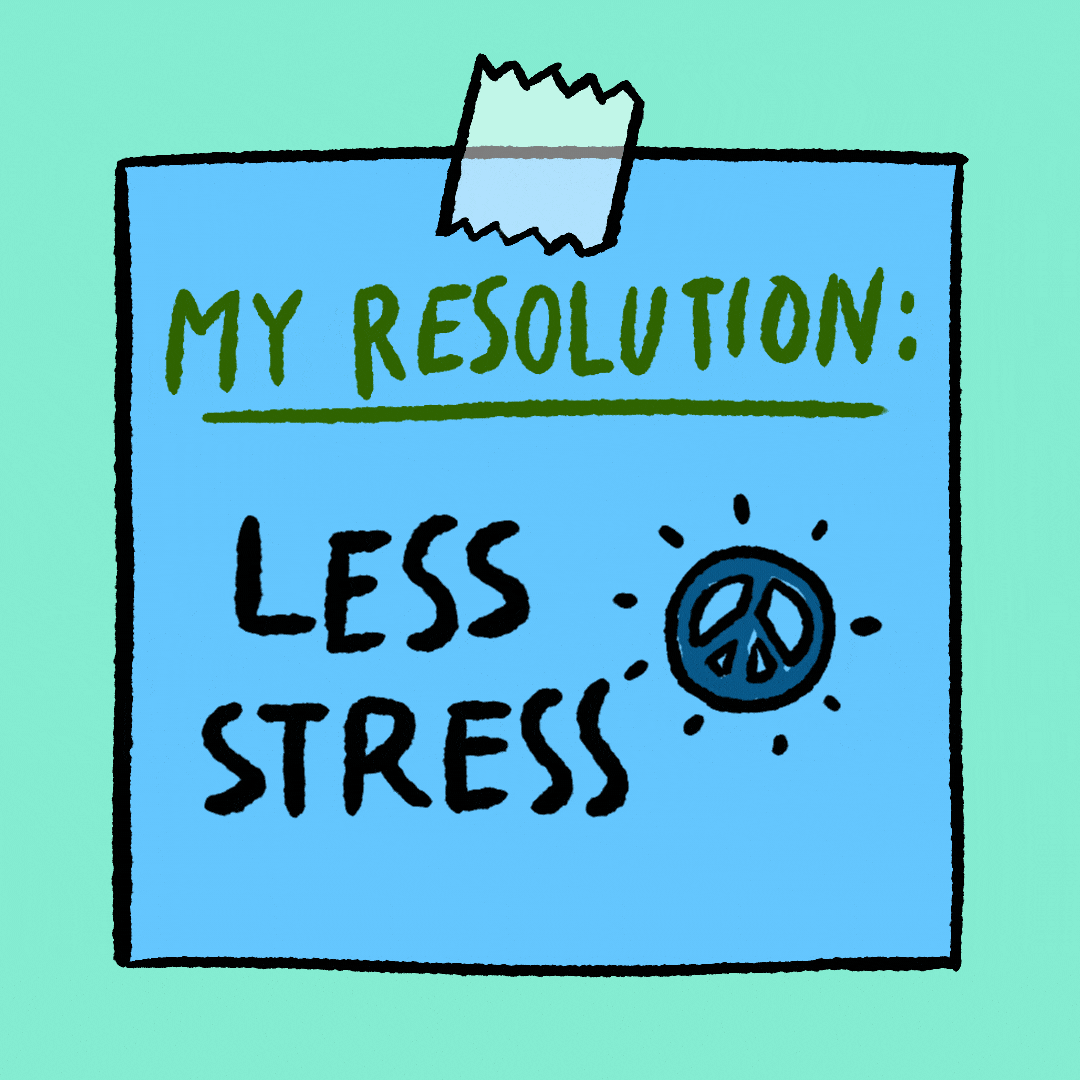productivity tips · Mar 13, 2024
7 Essential Tips for Maintaining Mental Health During Career Transitions

Embarking on a career transition is akin to setting sail on uncharted waters. Whether you're contemplating a complete career change, a shift within your current field, or diving into new career strategies, the journey can be both exhilarating and mentally taxing.
As you navigate the waves of change, it's crucial to prioritize your mental health. In this blog post, we'll explore seven essential tips for maintaining mental wellness during career transitions.
Understanding the Dynamics of Career Transition
Before we delve into the tips, let's briefly examine the dynamics of a career transition. A career transition can encompass various scenarios, including changing industries, job roles, or even pursuing entrepreneurship. Each of these transitions brings its own set of challenges and opportunities, making mental health awareness paramount.
Tip 1: Embrace the Change Mindfully
Transitioning from one career phase to another often involves leaving the familiar behind. Embrace the change mindfully by acknowledging the mix of excitement and apprehension. Practice mindfulness techniques such as deep breathing or meditation to stay grounded and foster a positive mindset.
Tip 2: Craft a Clear Career Strategy
A well-defined career strategy is your compass amid change. Whether you're considering a career shift or a complete change, outline your goals, skills, and desired outcomes. Having a roadmap can alleviate stress and provide a sense of direction during uncertain times.
Nurturing Mental Health Through Career Shifts
Now, let's focus on specific strategies to nurture your mental health during the various stages of career transitions.
Tip 3: Prioritize Mental Wellness
Amidst the hustle of resume building, networking, and interviews, it's easy to sideline mental health. Prioritize your mental wellness by scheduling regular breaks, engaging in activities you enjoy, and seeking support from friends, family, or professionals. Acknowledge that taking care of your mind is an integral part of the career transition process.
Tip 4: Stress Management Techniques
Stress is an inevitable companion during career transitions. Equip yourself with effective stress management techniques to navigate this challenge. Explore activities like yoga, exercise, or journaling to release tension and maintain a healthy balance between your personal and professional life.

Tip 5: Establish a Support System
Building a robust support system is crucial during career transitions. Share your aspirations, concerns, and achievements with friends, mentors, or career coaches. Surrounding yourself with a supportive network can provide valuable insights, encouragement, and a sense of community.
Tip 6: Seek Professional Guidance
Navigating the complexities of a career transition can be overwhelming. Consider seeking professional guidance from career counselors or coaches. They can offer personalized advice, help you explore new career strategies, and provide insights into potential challenges and opportunities.
Tip 7: Embrace Continuous Learning
Embracing a mindset of continuous learning can be a game-changer during career transitions. Stay curious and open-minded, seeking opportunities to enhance your skills and adapt to the evolving demands of your chosen field. This proactive approach not only boosts your confidence but also adds value to your professional journey.
Have a Healthy Mindset - It’s Not The End of The World
In the ever-changing landscape of today's job market, career transitions are not just inevitable but often necessary for personal and professional growth. As you embark on this journey, remember that your mental health is the most valuable asset.
By embracing change mindfully, crafting a clear career strategy, and prioritizing mental wellness, you can navigate the waves of uncertainty with resilience and grace. Incorporating stress management techniques, establishing a strong support system, seeking professional guidance, and embracing continuous learning are essential pillars for a successful career transition.
In conclusion, the convergence of career transitions and mental health is a critical aspect of holistic well-being. By implementing these seven essential tips, you're not just transitioning careers; you're also fostering a resilient and thriving mental state. So, set sail on your career journey with confidence, knowing that you have the tools to navigate the waters of change while safeguarding your mental health.


